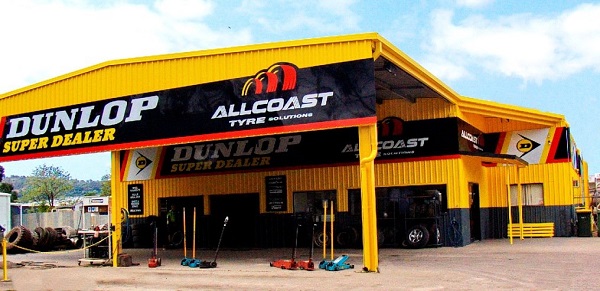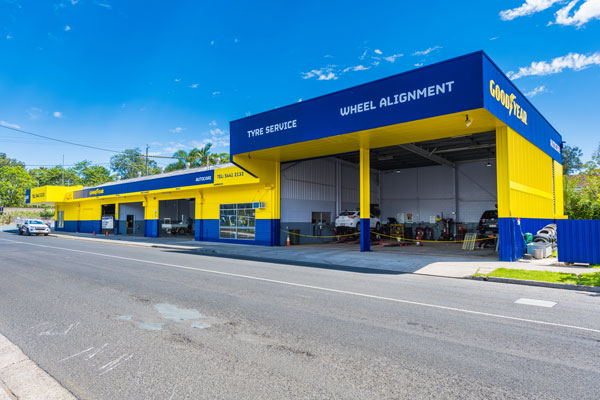
DIY Brake Maintenance Tips and When to Call the Professionals
Wednesday 6 March 2024
Back to Latest News
Owning and running a car can be expensive, so a thing you can do to save yourself a few dollars on your auto is something you should definitely be into. That is why more of us should be taking the time to learn some basic vehicle maintenance.
Yes, it might sound like a lot of hard work and a lot of complicated stuff to learn, but it’s totally possible for most of us to do at least some of the maintenance on our cars ourselves.
That being the case, below, we are going to take a look at some basic DIY brake repair tasks that we can do ourselves, but you know, you can’t do it all, so we’ll also talk a bit about when it makes sense to bring in the professionals.
DIY Brake Maintenance Tips
1. Inspecting Brake Pads
One of the simplest things you can do to look after your brakes at home is to regularly inspect the brake pads. As you will probably know, the brake pads in your car play a vital role in ensuring your brakes function as they should, preventing issues like decreased stopping power and increased stopping distances, which could place you in harm’s way on the road.
Okay, so how exactly do you go about inspecting those brake pads? Most vehicles allow for the brake pads to be visible through the wheel, and this makes checking their thickness pretty easy for most of us who are looking to save some money by DIYing it.
What you're looking for, when you check those brake pads, is the thickness of the pad material itself; if it appears to be thinner than 3mm, it's time to consider replacing them. Also, please bear in mind that even wear across both sides is the only way to ensure braking is safe and balanced. So keep an eye out.
2. Checking Brake Fluid Levels
If you own a car or truck and you are not regularly checking the brake fluid levels, then a brake repair is sure to be in your not-so-distant-future and, if we’re being real, you will only have yourself to blame for the situation!
Checking the brake fluid levels really is car maintenance 101, but you will be pleased to know that it’s actually pretty easy to do, and will enable you to maintain safe and regular brake efficiency.
Okay, so how do you do it? To check your brake fluid, you will need to simply locate the master cylinder (usually found on the driver's side of the vehicle, near the firewall), and then take the time to check the fluid level against the min and max lines marked on the outside of the cylinder. Ideally, the fluid should be clear or slightly yellowish in colour; if it appears dark or cloudy, it's time for a change, and you should make that change, sooner, rather than later if you do not want to run into braking issues on the road. A good brake repair professional ca help you with that if you are not confident to do it yourself.
3. Listening for Unusual Noises
Weird noises and cars are rarely a good sign, Sure, most of our cars have their own backing music, but if that changes and a new noise appears out of nowhere it could be a bad sign, so you always need to be vigilant.
You see, your car is great at letting you know when something's amiss, especially with the brakes. Squealing or grinding noises when you are applying the brakes really is a clear indicator that your brake pads or discs need some TLC, and while hile identifying the noise is something you can do, rectifying the issue often requires professional intervention.
When to Call in the Big Guns?
Okay, so as you can see, there is plenty you can do at home to aid with brake repair and maintenance, but when is it time to call in the professionals at All Coast Tyres?
Well, first of all, no matter how good you are at looking after your brakes, you are still going to want to have them expertly inspected a couple of times a year just to be safe.
It’s also a good idea to call the professionals if:
- You're experiencing persistent brake noises that you cannot resolve
- You can not identify the causes of brake fluid issues
- You experience changes in brake pedal feel
- Electronic brake light system and warning lights are on
When it comes to your brakes, it is always better to be safe and sorry, so if you have a problem, speak to All Coast Tyres today.




